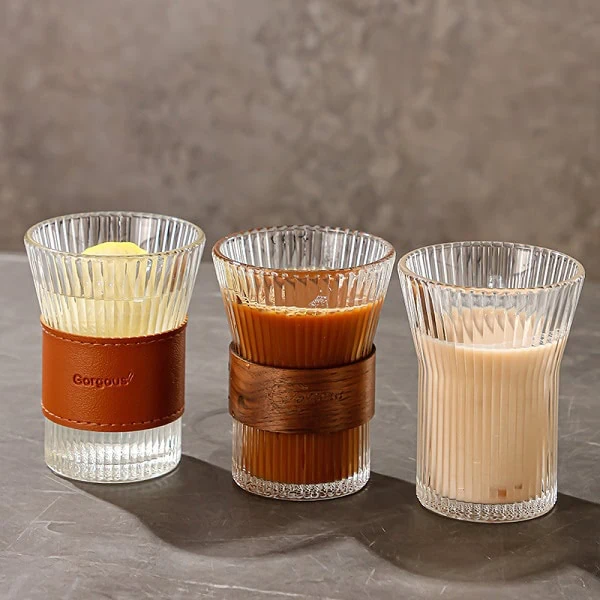Heat-resistant glass is known for its ability to withstand high temperatures without breaking. However, despite its durability, it can sometimes break. Understanding the factors that affect its strength and limitations is critical to ensuring its longevity and safe use.
Composition of Heat Resistant Glass
Heat-resistant glass is usually composed of special materials that enhance its ability to withstand extreme temperatures. One of the most common types of heat-resistant glass is borosilicate glass, which is known for its superior thermal shock resistance. This type of glass contains silica and boron trioxide, which contribute to its unique properties. The manufacturing process involves precise techniques to achieve the desired strength and durability.
Factors Affecting the Durability of Heat Resistant Glass
Several factors can affect the durability of heat-resistant glass, including temperature fluctuations, thermal shock, and mechanical stress. While heat-resistant glass is designed to withstand high temperatures, rapid changes in temperature can weaken its structure and increase the risk of breakage. Similarly, mechanical stress from impact or improper handling can compromise its integrity.

How to prevent breakage
To minimize the risk of breakage, heat-resistant glass must be handled with care. Avoid subjecting it to sudden temperature changes, such as placing a hot glass dish directly on a cold surface or exposing it to direct flame. Gradually heating or cooling the glass helps to minimize stress and prevent the formation of cracks. In addition, using proper storage techniques and avoiding the use of abrasive materials can extend the life of heat-resistant glassware.
Applications for heat-resistant glass
Heat-resistant glass has a wide range of applications in both domestic and industrial environments. In the home, it is commonly used for cooking utensils, bakeware and laboratory equipment. In industrial settings, it is used in high-temperature processes such as glass blowing, metallurgy and semiconductor manufacturing. Its ability to withstand extreme conditions makes it indispensable in a variety of industries.
Testing and Quality Assurance
Manufacturers of heat-resistant glass adhere to strict quality control measures to ensure the safety and reliability of their products. Test methods such as thermal shock tests and impact tests are used to assess the durability of heat-resistant glass under different conditions. Certification by regulatory bodies ensures that products meet industry standards and comply with safety regulations.

Conclusion
In conclusion, although heat-resistant glass is designed to withstand high temperatures, it is not unbreakable. Factors such as temperature fluctuations, thermal shock, and mechanical stress may compromise its integrity. By understanding its properties and limitations, users can take appropriate measures to prevent breakage and ensure the safe and effective use of heat-resistant glassware.

